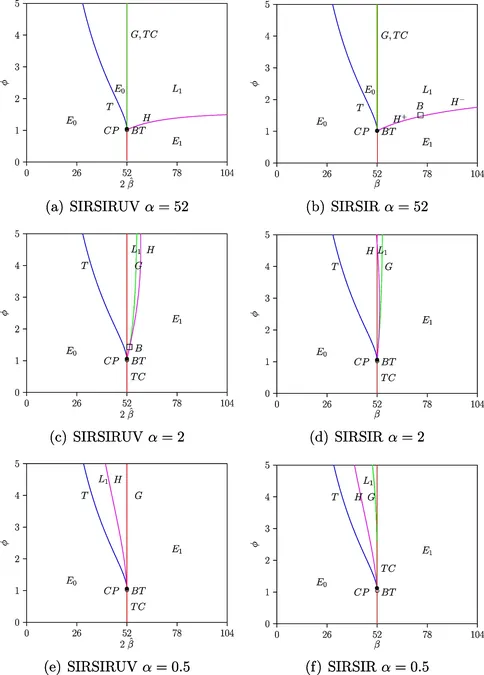
Scurvy: The Unexpected Comeback of a Forgotten Disease
2024-10-07
Author: Wei
Scurvy, long perceived as a relic of the 18th-century maritime tragedies, is making headlines once again as modern cases emerge, reminding us that this vitamin C deficiency can affect anyone, regardless of era or background. A recent case study published in the Canadian Medical Association Journal showcases the troubling story of a 65-year-old woman whose health deteriorated due to lifestyle factors that are all too common in today’s society.
When the patient sought help at an emergency department in downtown Toronto, she presented with alarming symptoms: leg pain, weakness, and skin lesions that raised concerns among the medical team. But what lay beneath these symptoms was a more complex narrative intertwined with mobility issues and social isolation. Living alone and struggling with several chronic health conditions, the woman heavily relied on canned soups and fish, with no intake of fresh fruits or vegetables—key sources of vitamin C.
Dr. Sarah Engelhart, a general internist at Mount Sinai Hospital and co-author of the study, emphasized the link between food insecurity and unexpected health conditions. “This case presents a complex example of food insecurity manifesting as an uncommon diagnosis,” she stated. After a thorough assessment of the patient’s dietary habits and social circumstances, the medical team discovered the root cause: a significant vitamin C deficiency.
Surprisingly, this deficiency isn’t an isolated phenomenon. Current figures suggest that approximately 5.9% of the U.S. population suffers from a lack of vitamin C, with certain demographic groups—particularly those experiencing financial hardship in the UK—facing rates as high as 25%. Symptoms of deficiency such as fatigue, weakness, and shortness of breath are often vague, complicating diagnosis and treatment in clinical settings.
The woman in the study also had a history of smoking, a known factor that exacerbates vitamin C deficiency, highlighting the interplay between lifestyle and nutrition. After initiating vitamin C treatment, the elderly patient experienced a notable turnaround in her health, alleviating many of her distressing symptoms. A blood test ultimately confirmed the vitamin C deficiency diagnosis.
This case serves not just as a medical cautionary tale but as a wake-up call for society to acknowledge the importance of nutrition in overall health. With scurvy rearing its head in the modern age, now is the time for renewed vigilance about our dietary choices—because the past might just be repeating itself, and it could happen to anyone!



 Brasil (PT)
Brasil (PT)
 Canada (EN)
Canada (EN)
 Chile (ES)
Chile (ES)
 España (ES)
España (ES)
 France (FR)
France (FR)
 Hong Kong (EN)
Hong Kong (EN)
 Italia (IT)
Italia (IT)
 日本 (JA)
日本 (JA)
 Magyarország (HU)
Magyarország (HU)
 Norge (NO)
Norge (NO)
 Polska (PL)
Polska (PL)
 Schweiz (DE)
Schweiz (DE)
 Singapore (EN)
Singapore (EN)
 Sverige (SV)
Sverige (SV)
 Suomi (FI)
Suomi (FI)
 Türkiye (TR)
Türkiye (TR)